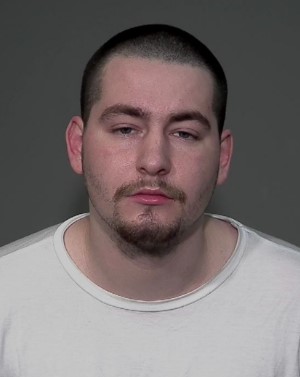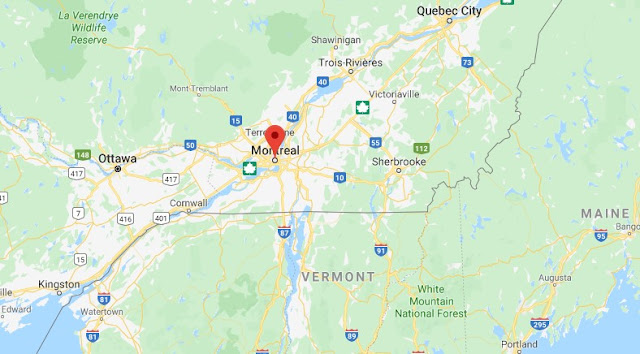Uruguay launches national strategy to combat
money laundering
Aug. 12 (UPI) -- Uruguayan President Yamandú Orsi's government has launched a national strategy to combat money laundering, terrorism financing and the proliferation of weapons, aiming to curb the rise of drug trafficking and organized crime in the country.
The initiative is an action plan for 2025 to 2030, based on the 2024 National Risk Assessment, which found that drug trafficking, corruption and the trade of soccer players' transfer rights are among the activities posing the highest risk for money laundering in the country.
"Uruguay today is not achieving -- and has not for a long time -- concrete results in the fight against money laundering and the financing of terrorism," Presidential Deputy Secretary Jorge Díaz said last week during presentation of the strategy.
In 2019, Uruguay secured 52 convictions for money laundering, but only eight have been recorded this year.
Related
Díaz said the government seeks to achieve concrete results in combating money laundering.
"We have to effectively show that we are efficient and effective in prevention and enforcement," he said.
In early August, Uruguayan authorities made a record seizure of more than 2.2 tons of cocaine in simultaneous operations in Montevideo and Canelones.
The Interior Ministry said the seizure was one of the biggest blows to drug trafficking in the country's recent history and underscored the need to strengthen financial investigations to dismantle the criminal networks behind such shipments.
According to a report from Uruguay's Central Bank, the Financial Information and Analysis Unit received 964 suspicious transaction reports in 2024, up 6% from 911 in 2023. Of those, 12 cases were referred to the courts.
The national strategy is part of a broader effort to combat money laundering that also includes the Integrated System for Combating Organized Crime and Drug Trafficking, or SILCON. Created by decree and led by the Presidency, SILCON coordinates intelligence among several ministries.
As such, the strategy and SILCON work together: while one focuses on strengthening institutional, legal and financial prevention capabilities, the other reinforces operational and intelligence coordination against organized crime and drug trafficking.

















